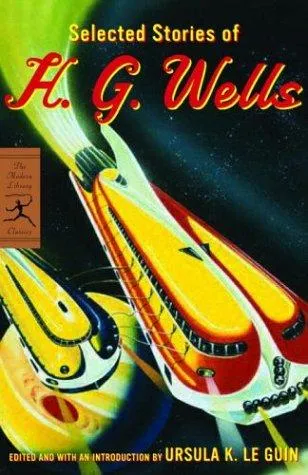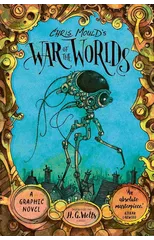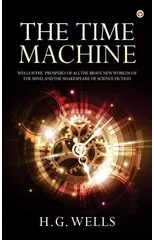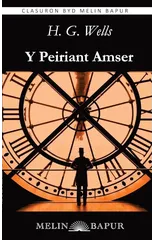Ursula K. Le Guin’s selection of twenty-six stories showcases H. G. Wells’s genius and reintroduces readers to his singular talent for making the unbelievable seem utterly plausible. He envisioned a sky filled with airplanes before Orville Wright ever left the ground. He described the spectacle of space travel decades before men set foot on the moon. H. G. Wells was a visionary, a man of science with an enduring literary touch, and his originality and inventiveness are fully on display in this essential collection. “Wells imagined both dark and bright futures because his creed allowed both while promising neither, and because the eighty years of his life were years of immense intellectual and technological accomplishment and appalling violence and destruction.”—Ursula K. Le Guin, from the introduction “Everything one imagines in the way of genius and fun.”—Rebecca West Including these stories: “A Slip Under the Microscope” “The Remarkable Case of Davidson’s Eyes” “The Plattner Story” “Under the Knife” “The Crystal Egg” “The New Accelerator” “The Stolen Body” “The Argonauts of the Air” “In the Abyss” “The Star” “The Land Ironclads” “A Dream of Armageddon” “The Lord of the Dynamos” “The Valley of Spiders” “The Story of the Late Mr. Elvesham” “The Man Who Could Work Miracles” “The Magic Shop” “Mr. Skelmersdale in Fairyland” “The Door in the Wall” “The Presence by the Fire” “A Vision of Judgment” “The Story of the Last Trump” “The Wild Asses of the Devil” “Answer to Prayer” “The Queer Story of Brownlow’s Newspaper” “The Country of the Blind”
H.G. Wells
H.G. Wells was a prolific English writer best known for his science fiction novels. His most notable works include "The War of the Worlds," "The Time Machine," and "The Invisible Man." Wells' writing style was characterized by his imaginative storytelling, social commentary, and exploration of scientific concepts. He is often credited with popularizing the science fiction genre and influencing future writers in the field. "The War of the Worlds" remains his most famous work, depicting a Martian invasion of Earth and exploring themes of imperialism and the resilience of humanity. Wells' contributions to literature have had a lasting impact on the genre of science fiction and continue to be celebrated to this day.






